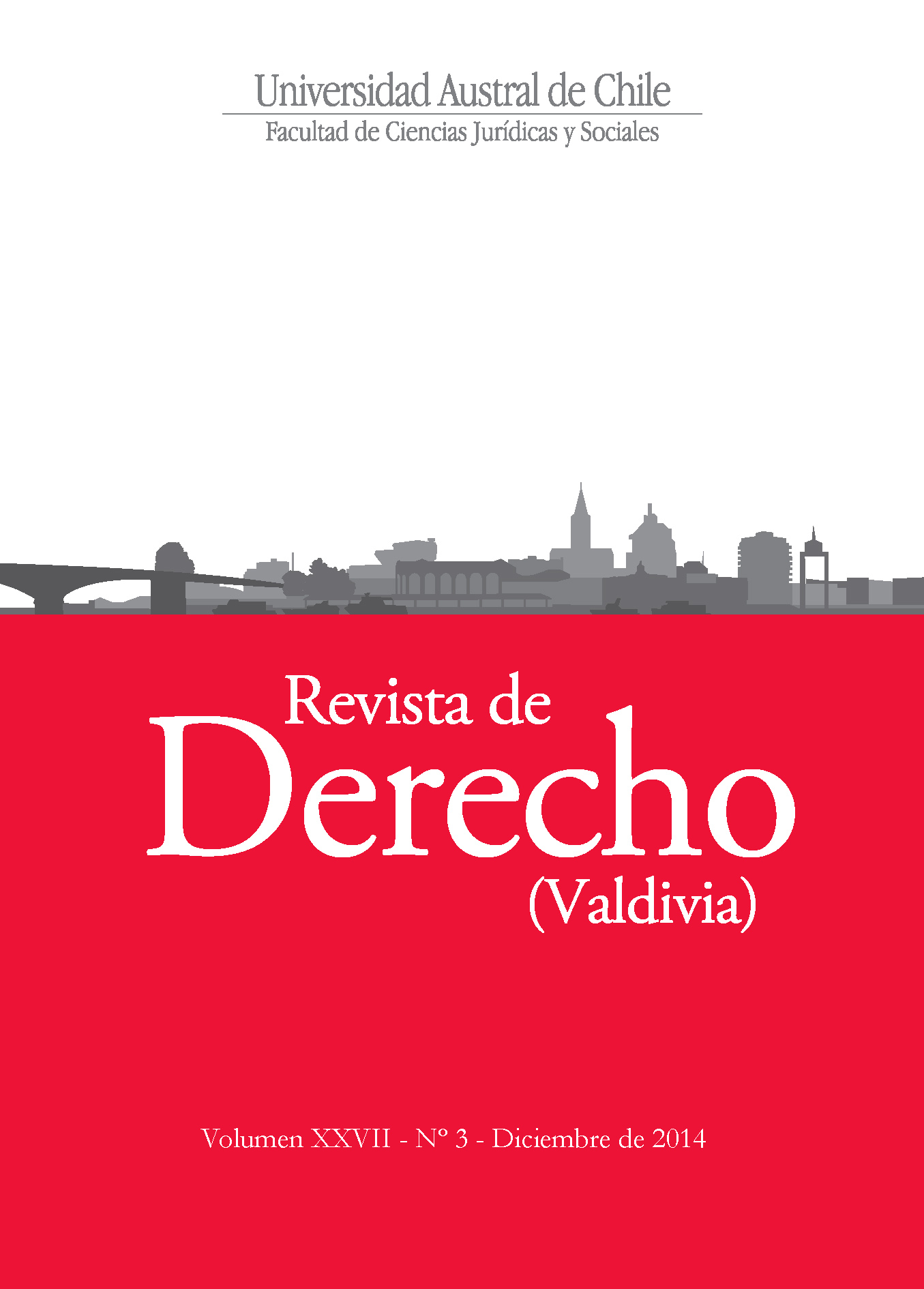The Chilean Constitutional Tribunal and the 2005 Amendment. A Castling Between Career and Academic Judges
Main Article Content
Abstract
After a constitutional amendment in 2005, the Chilean Constitutional Tribunal is becoming more active in exercising its powers against the executive branch. This effect is mainly due to a castling in the composition of the court between career judges and justices coming from the academia. Chilean judges have had a long-standing reputation of being deferential with the government and of following a rule of unanimity. That attitude, however, goes beyond partisan affiliation. As it is shown in this paper, the changes in the behavior of the court seems to be more related with a change in the underlying legal culture, than with differences in the partisan affiliation of the justices.
Article Details
How to Cite
Pardow Lorenzo, D. G., & Verdugo Ramírez, S. (2015). The Chilean Constitutional Tribunal and the 2005 Amendment. A Castling Between Career and Academic Judges. Revista De Derecho (Valdivia), 28(1), 123–144. https://doi.org/10.4067/S0718-09502015000100006
Issue
Section
INVESTIGACIONES

